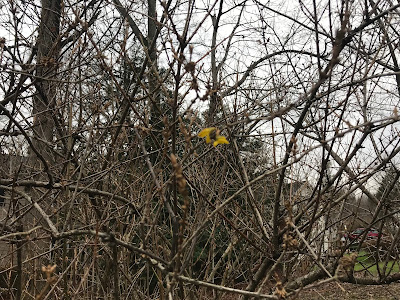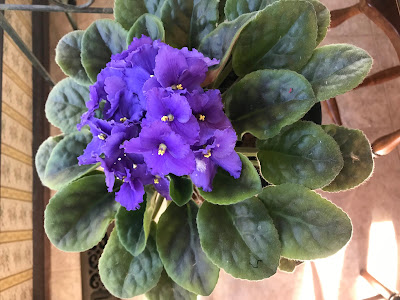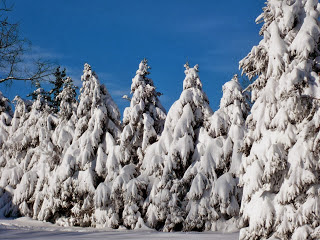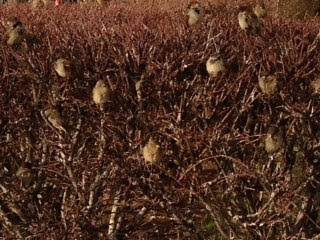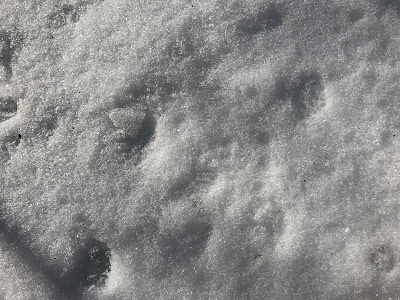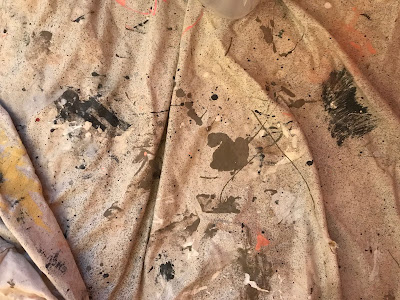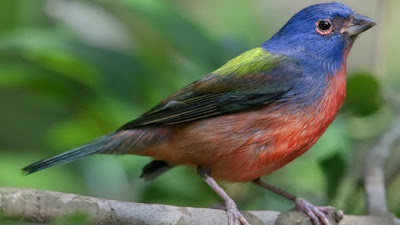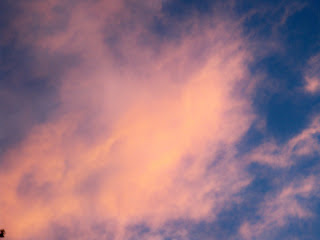Big Again
I have a habit of not wanting to leave the places I’m visiting, and yesterday I almost didn’t. Confusion about departure times meant we missed our original return flight. Luckily, we were re-routed to another airport and finally made it home — though six hours later than planned.
The first hours and days back after a trip are always a strange time. Life is mostly as it was but with subtle differences. The old house touches my heart with its creaky floors and familiarity. I don’t have to wonder when I wake up, where am I now? I can tell by the placement of lamp and beside table, by the feel of the covers under my chin.
But the trip has altered the house and the gaze with which I see it. The roses in Portland are part of me now, the walk around Lake Union in Seattle, too. The Japanese Garden and the Japanese American Museum, Cherry Street and Alberta Street — they’re all in there. The crusty bread and the little dogs.
It has been almost a year with no travel. The world of house and yard were closing in on me. But now … the world is big again.

